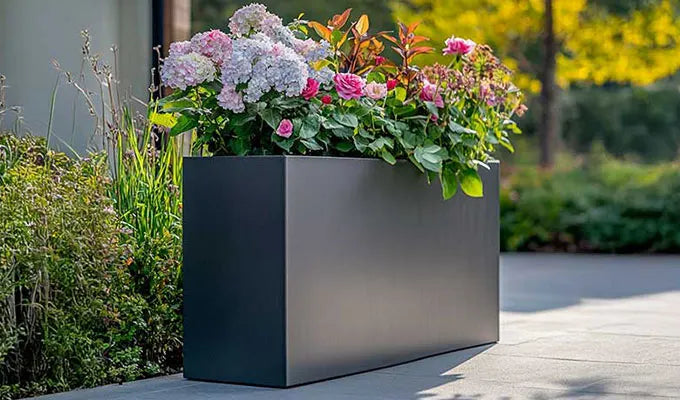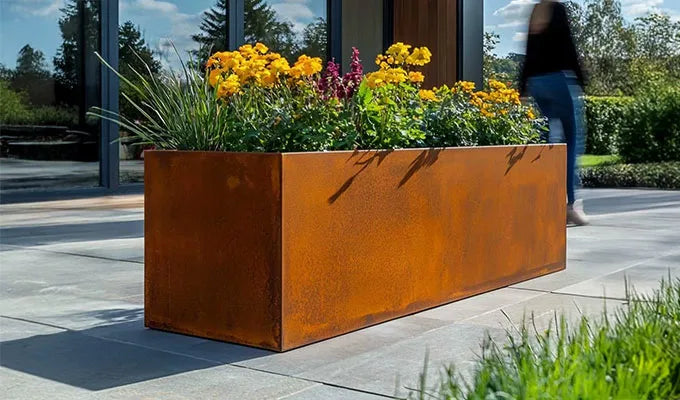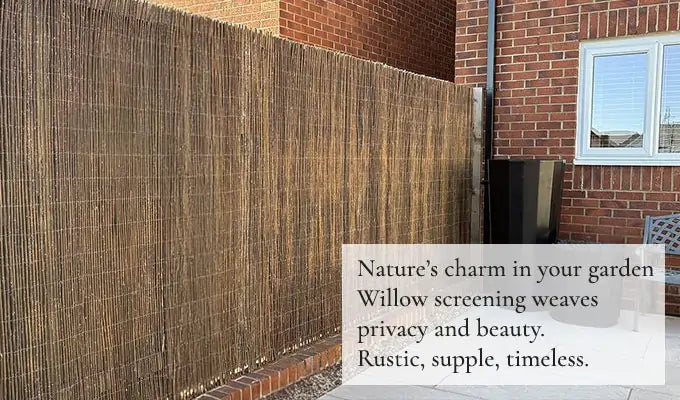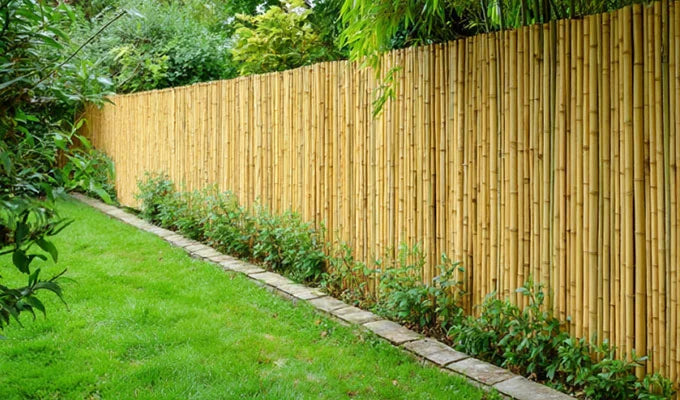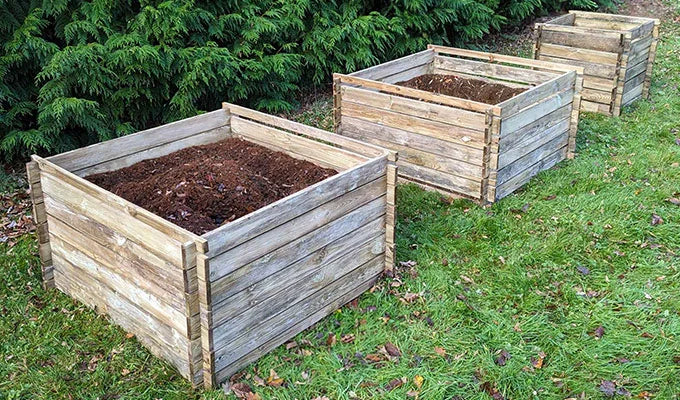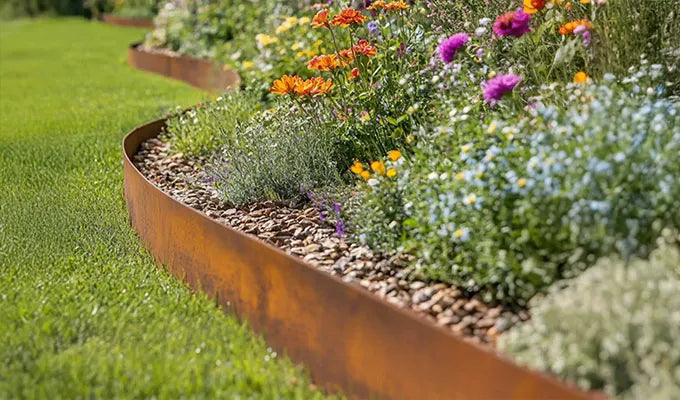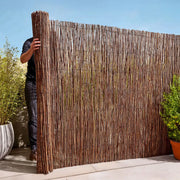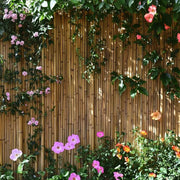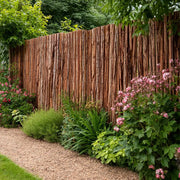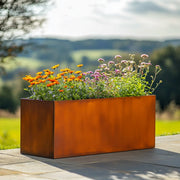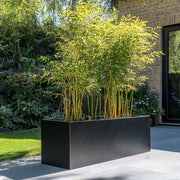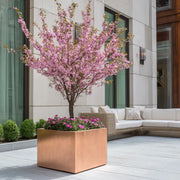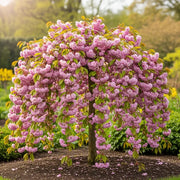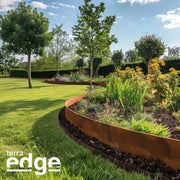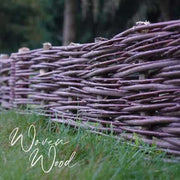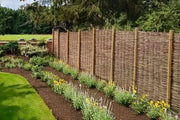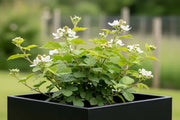How to Line a Planter
Whether you've just purchased a new planter or you're giving an old one a facelift, lining your planter can be a great way to increase its longevity and protect your plants. So how do you go about this process? Here's a simple step-by-step guide on how to line your planter.
Step 1: Choose Your Liner Material
The first step is to decide on the type of liner you'll use. There are several options available, including plastic, landscaping fabric, coco fibre, and even thick layers of newspaper. Each has its advantages. Plastic is excellent at retaining water, but it needs to be pierced to allow for drainage. Landscaping fabric and coco fibre, on the other hand, are permeable, allowing water to drain naturally. Probably the best solution is grow bags, as these fit neatly in the planter and are easy to fit - we stock a range of these for this purpose.
Step 2: Measure Your Planter
Before cutting your liner, measure the inside of your planter to determine the size of liner you'll need. Be sure to measure the bottom and the sides. If you're using a flexible liner material like plastic or fabric, it's better to have a bit extra than to come up short.
Step 3: Cut the Liner
Using a pair of sharp scissors, cut the liner according to the measurements you took. Remember, it's always better to cut a little extra as you can always trim it down later if needed.
Step 4: Position the Liner
Carefully place the liner inside the planter, making sure it covers the bottom and sides completely. If you're using a rigid liner, you may need to secure it in place with adhesive or staples. For flexible liners, simply push it into the corners and smooth it against the sides.
Step 5: Secure the Liner
Once the liner is in place, secure it. You can use a staple gun for wooden planters or adhesive for metal or plastic planters. Make sure the liner is secure but don't make it too tight – you want it to have some give so that it can accommodate the soil and plant roots.
Step 6: Pierce the Liner for Drainage
If you're using a non-permeable liner like plastic, you'll need to make some holes in the bottom for drainage. Be careful not to make too many – a few well-spaced holes should be enough.
Step 7: Add Your Soil and Plants
Now that your liner is in place, you can add your potting mix and plants. The liner will help to keep the soil in place and protect the planter from moisture damage.
And there you have it! By following these steps, you can easily line your planter, extending its lifespan and providing a healthier environment for your plants. It's a quick and easy task that can make a big difference in your gardening success.

